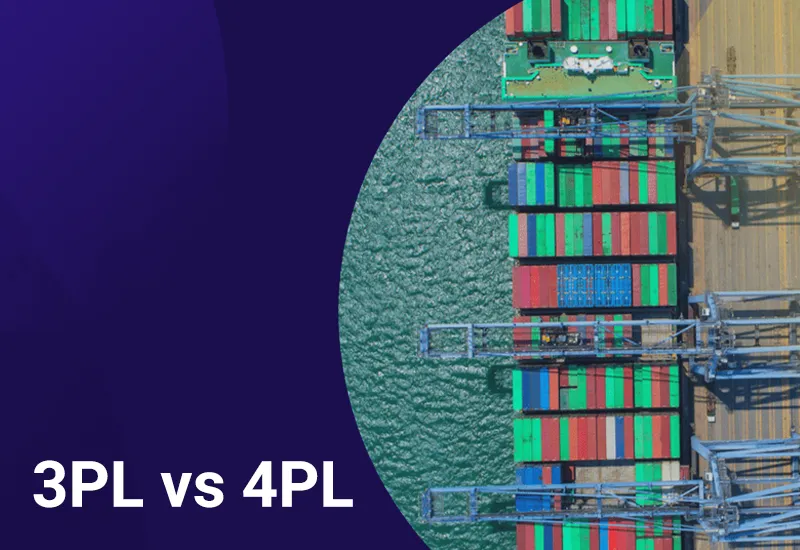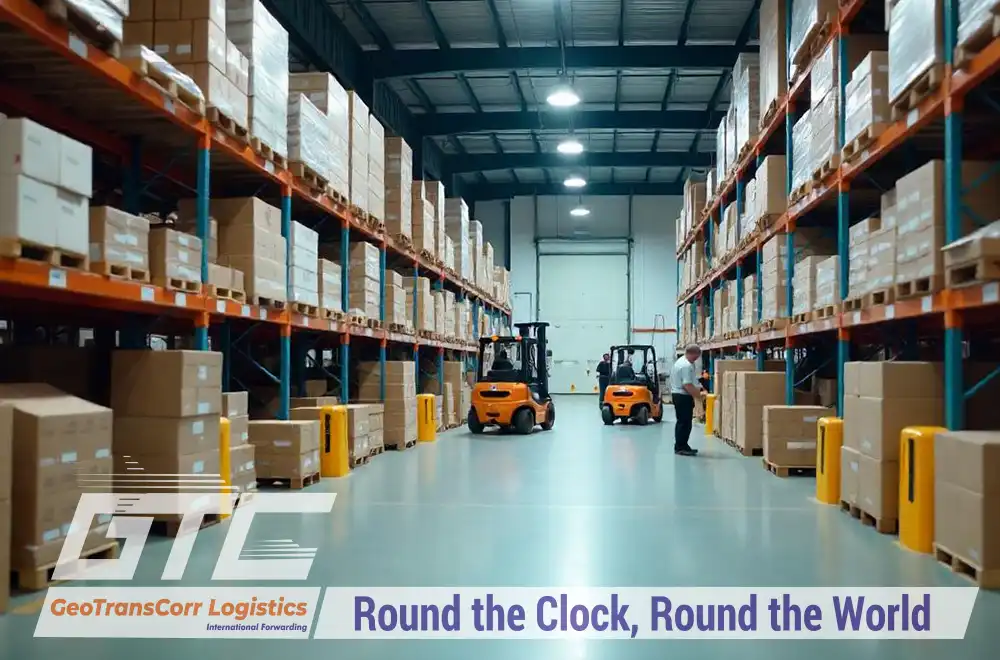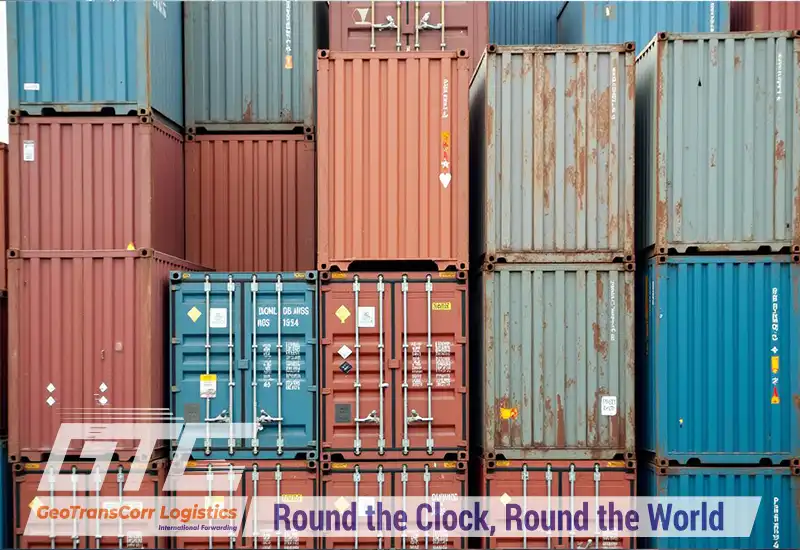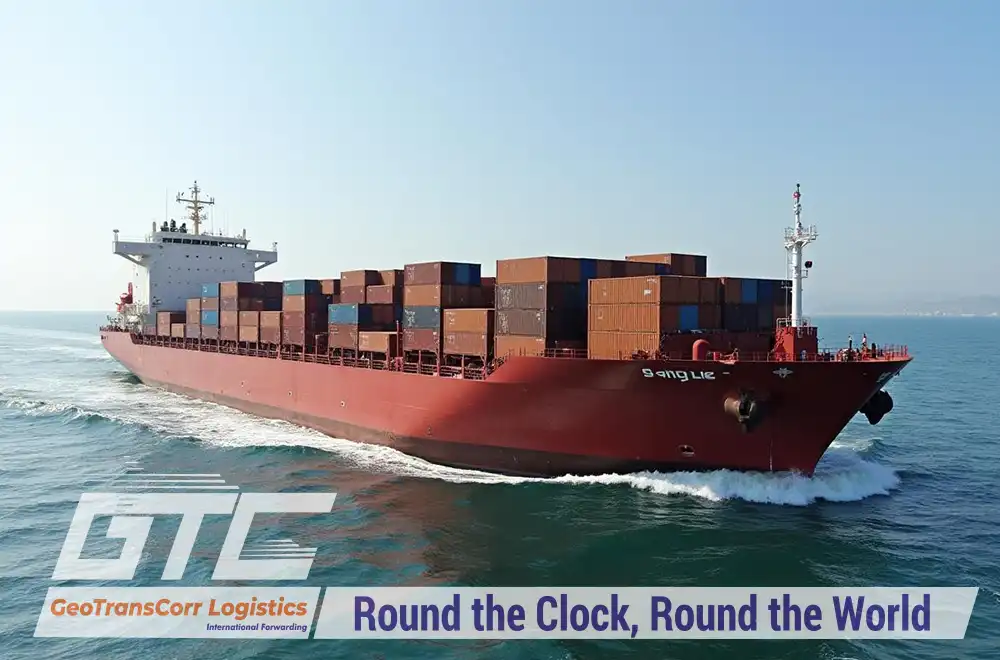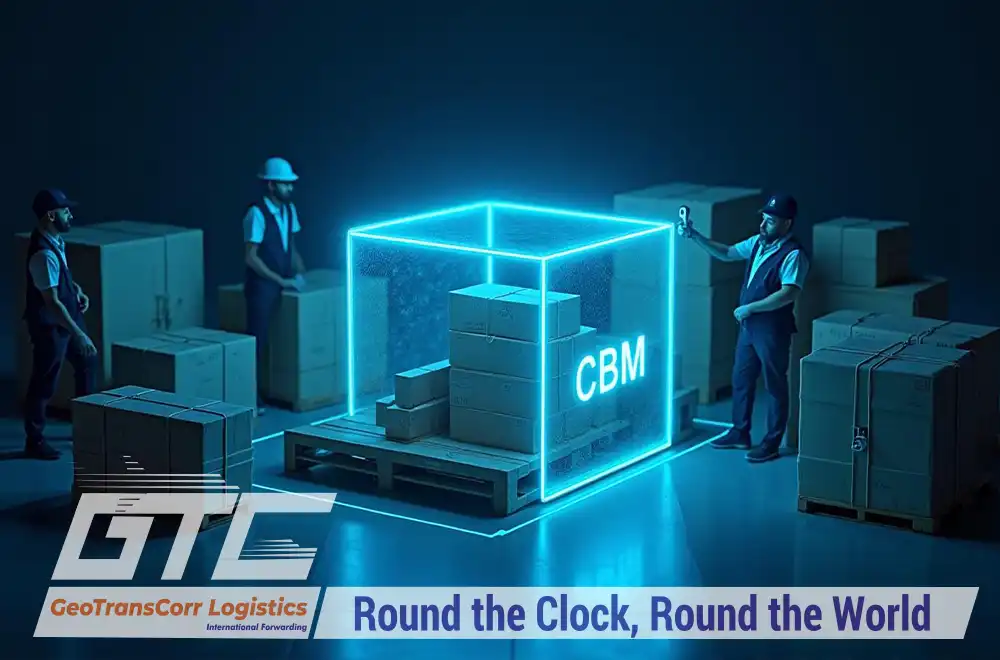In today’s dynamic global market, efficient logistics management is critical for businesses to stay competitive. Two common approaches to logistics outsourcing are 3PL and 4PL. While both aim to streamline supply chain operations and optimize costs, they differ significantly in their scope and level of participants’ involvement. Understanding the distinctions between 3PL and 4PL is essential for businesses to make justified decisions about their logistics strategy.
Here, we’ll explore the fundamental differences between 3PL and 4PL and discuss the advantages of each, helping you determine which option best suits your business needs.
Understanding 3PL (Third-Party Logistics)
3PL, or Third-Party Logistics, involves outsourcing logistics functions to a specialized external provider. These providers offer a wide range of services, including transportation, warehousing, distribution, and freight forwarding. Essentially, they take over execution of specific parts of the supply chain to streamline operations and reduce costs for their clients. 3PL providers typically manage logistics operations and may also offer value-added services like packaging, labeling, and order fulfillment. Businesses opt for 3PL services to leverage the expertise and resources of external partners, allowing them to focus on core competencies and strategic initiatives.
Understanding 4PL (Fourth-Party Logistics)
4PL, or Fourth-Party Logistics, represents a higher level of logistics outsourcing compared to 3PL. In a 4PL arrangement, a single integrator manages the entire supply chain on behalf of the client, coordinating multiple 3PL providers and other stakeholders. The 4PL provider acts as a strategic partner, overseeing the entire logistics process, including planning, execution, and optimization. Unlike 3PL, which focuses on specific tasks, 4PL takes a holistic approach, offering comprehensive supply chain management solutions. This may involve technology integration, performance monitoring, risk management, and continuous improvement initiatives. Businesses turn to 4PL when seeking greater efficiency, visibility, and control over their supply chains, often in complex and dynamic environments.
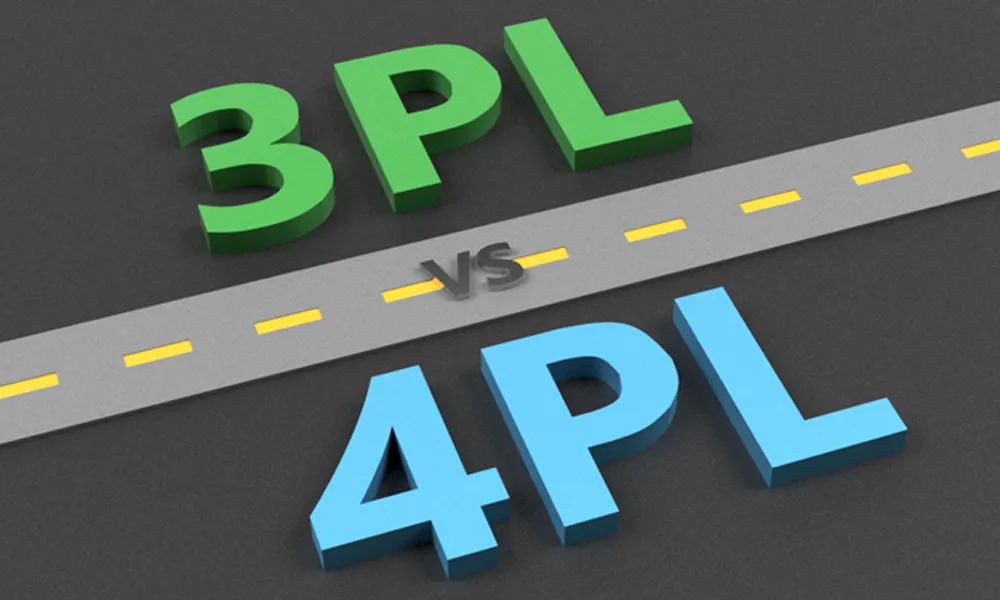
Key Differences Between 3PL and 4PL
In the realm of logistics outsourcing, understanding the nuances between 3PL and 4PL is crucial for businesses aiming to optimize their supply chain strategies. While both offer solutions to streamline operations, they differ significantly in their approaches and capabilities. Knowledge of these differences can illuminate which option aligns best with your business objectives and operational requirements. The main differences between 3PL and 4PL include the following:
Scope of Services
- 3PL: Offers specific logistics functions such as transportation, warehousing, and distribution.
- 4PL: Provides end-to-end supply chain management, overseeing all logistics activities and integrating multiple service providers.
Level of Integration
- 3PL: Operates as an external service provider, focusing on executing individual tasks within the supply chain.
- 4PL: Acts as a strategic partner, coordinating and optimizing the entire supply chain network, including multiple 3PLs and other stakeholders.
Responsibility
- 3PL: Takes responsibility for executing predefined logistics tasks and meeting performance metrics.
- 4PL: Assumes broader responsibility for supply chain strategy, planning, and performance, often acting as the client’s logistics partner.
Focus
- 3PL: Focuses on operational efficiency and cost reduction within specific logistics functions.
- 4PL: Emphasizes strategic alignment, visibility, and continuous improvement across the entire supply chain.
Relationship with Client
- 3PL: Typically has a transactional relationship with the client, providing contracted services.
- 4PL: Develops a collaborative partnership with the client, working closely to align logistics strategies with business goals.
Understanding these differences is crucial for businesses in choosing the most suitable logistics outsourcing model based on their specific needs and objectives.
Advantages of 3PL
Leveraging the services of a 3PL can result in improved operational efficiency, cost savings, and competitive advantages for businesses in today’s dynamic and competitive market, performing specific logistics tasks – transportation, warehousing, distribution. The advantages of 3PL are as follows:
- Expertise and Resources: 3PLs provide specialized knowledge and infrastructure for efficient logistics management.
- Cost Savings: Outsourcing logistics to a 3PL can reduce transportation, warehousing, and technology costs.
- Flexibility and Scalability: 3PL services offer flexibility to adapt to demand fluctuations without fixed asset burdens.
- Improved Service Levels: 3PLs offer faster delivery times and enhanced tracking for improved customer satisfaction.
- Access to Technology: Partnering with 3PLs grants access to advanced technology without upfront investment.
Thus, by outsourcing logistics tasks to 3PL providers, businesses can focus on core competencies and strategic initiatives.
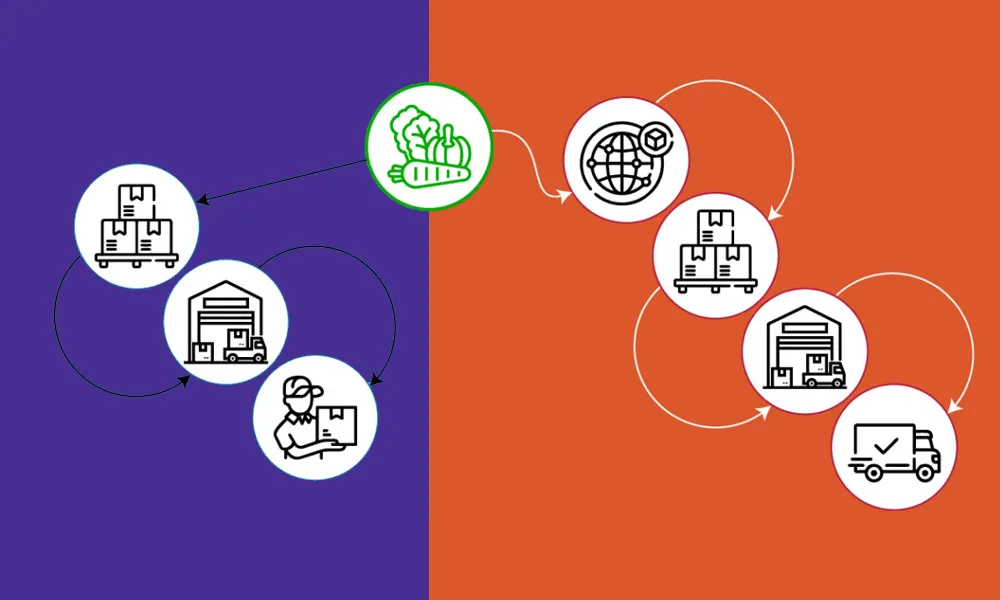
Advantages of 4PL
Partnering with a 4PL provider offers businesses strategic advantages, improved efficiency, and better control over their supply chains, ultimately driving profit growth and competitive success. The advantages of 4PL are as follows:
- Holistic Supply Chain Management: 4PL offers end-to-end supply chain management, optimizing all logistics activities.
- Single Point of Contact: 4PL acts as the central point of contact, streamlining communication and decision-making.
- Strategic Alignment: 4PL aligns logistics strategies with broader business objectives, fostering long-term growth and competitiveness.
- Enhanced Visibility and Control: 4PL provides greater visibility into operations and performance metrics, enabling proactive decision-making.
- Continuous Improvement: 4PL drives continuous improvement and innovation within the supply chain, adapting strategies to market changes.
- Scalability and Flexibility: 4PL solutions are scalable and flexible, allowing businesses to adapt to evolving needs and market dynamics.
Which One Is Right for Your Business?
Choosing between 3PL and 4PL depends on various factors such as the complexity of your supply chain, your business goals, and your internal capabilities. Here are some considerations to help you determine which option is best suited for your business:
- Scope and Complexity of Operations: For straightforward logistics needs or for solving single logistics tasks like transportation or warehousing, a 3PL suffices. For complex supply chains requiring end-to-end management, a 4PL is more appropriate.
- Strategic Alignment: If logistics is vital to your competitive advantage and you need long-term stable and continuous efficiency, opt for a 4PL. If you prioritize operational efficiency at solving specific single logistics tasks, a 3PL may be enough.
- Resource and Technology Requirements: Assess internal capabilities. If lacking infrastructure or tech, both 3PL and 4PL offer specialized resources and tech platforms.
- Flexibility and Scalability: Consider adaptability to demand fluctuations. A 3PL’s flexibility for specific tasks versus a 4PL’s holistic approach.
- Cost Considerations: Balance short-term savings with long-term value. 3PLs save costs upfront, while 4PLs offer efficiency and strategic benefits. Assess your needs, goals, and partners to choose the best fit.
Navigating Global Logistics with GTC: Tailored 3PL and 4PL Solutions
Navigating global logistics can be complex, but with GTC’s tailored 3PL and 4PL solutions, businesses can confidently navigate the intricacies of the supply chain.
GTC is a one of the leading logistics providers based in Russia, offering comprehensive logistics solutions for businesses looking to deliver goods worldwide. Specializing in both 3PL and 4PL services, GTC provides an extensive range of logistics options tailored to meet the diverse needs of its clients. As a professional and experienced logistics provider, GTC excels in coordinating the movement of goods across various modes of transportation, including air, sea, and land, ensuring efficient and timely delivery to destinations worldwide.
Whether businesses require basic transportation and warehousing services (3PL) or seek end-to-end supply chain management solutions (4PL), GTC leverages its expertise, technology, and global network to optimize logistics operations and drive business success. With a commitment to reliability, innovation, and customer satisfaction, GTC stands as a trusted partner for businesses navigating the complexities of international trade and logistics.
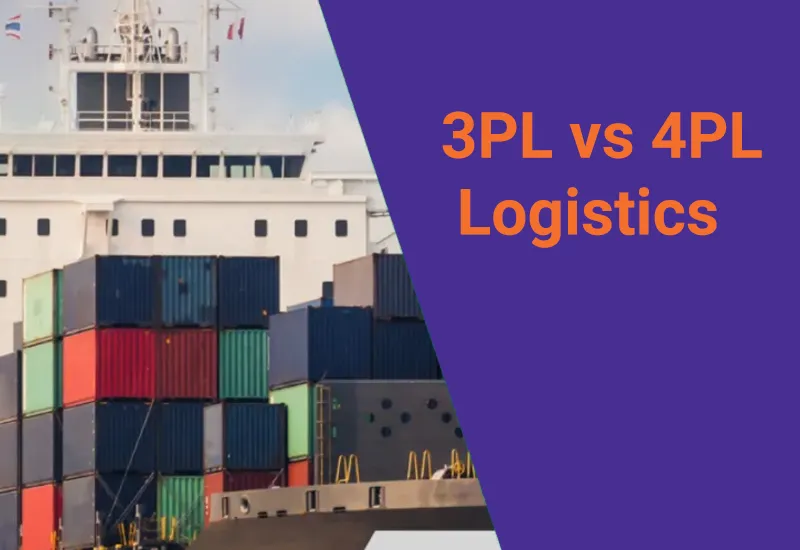
Conclusion
In conclusion, whether you opt for the specialized expertise of a 3PL or the comprehensive solutions of a 4PL, outsourcing logistics functions can empower your business to optimize operations and achieve growth. Assess your needs, evaluate potential partners, and align your decision with your strategic objectives. Ready to streamline your logistics? Contact us today to explore how our tailored solutions can drive efficiency and success in your supply chain journey.
